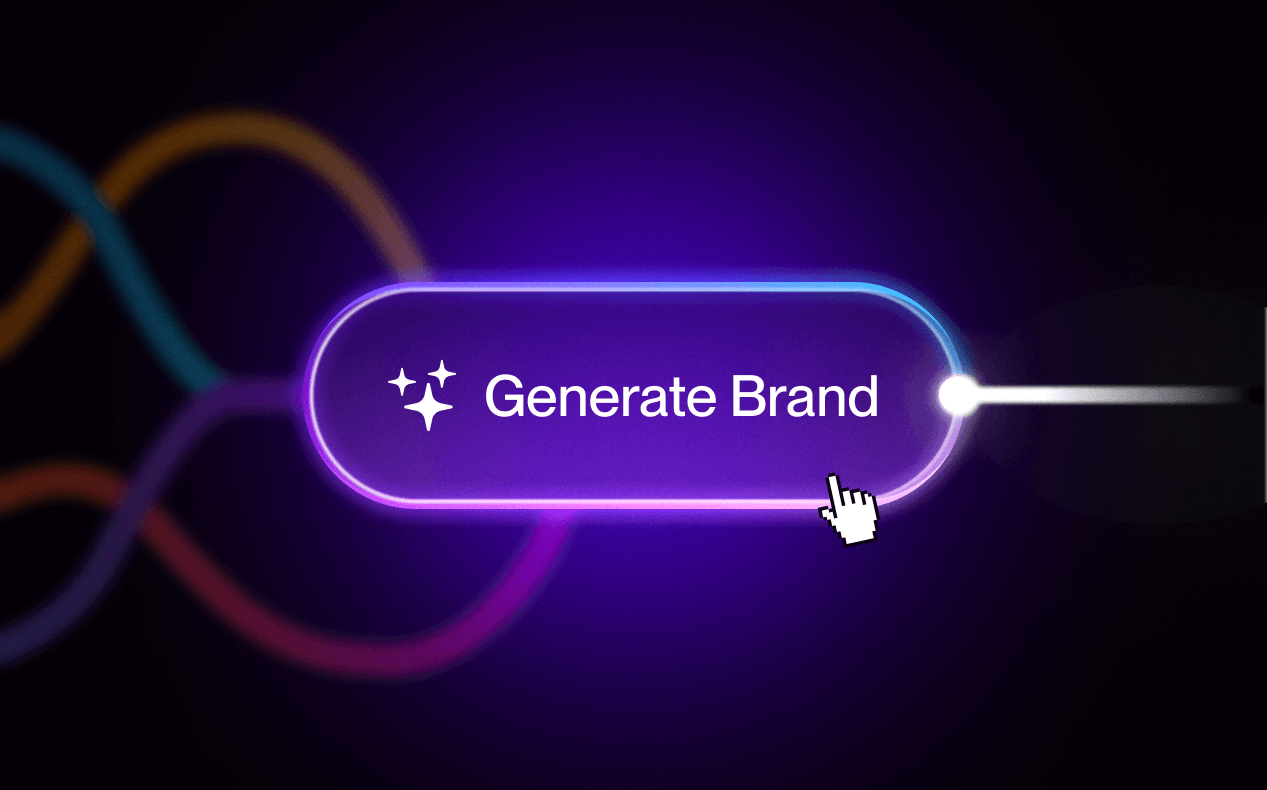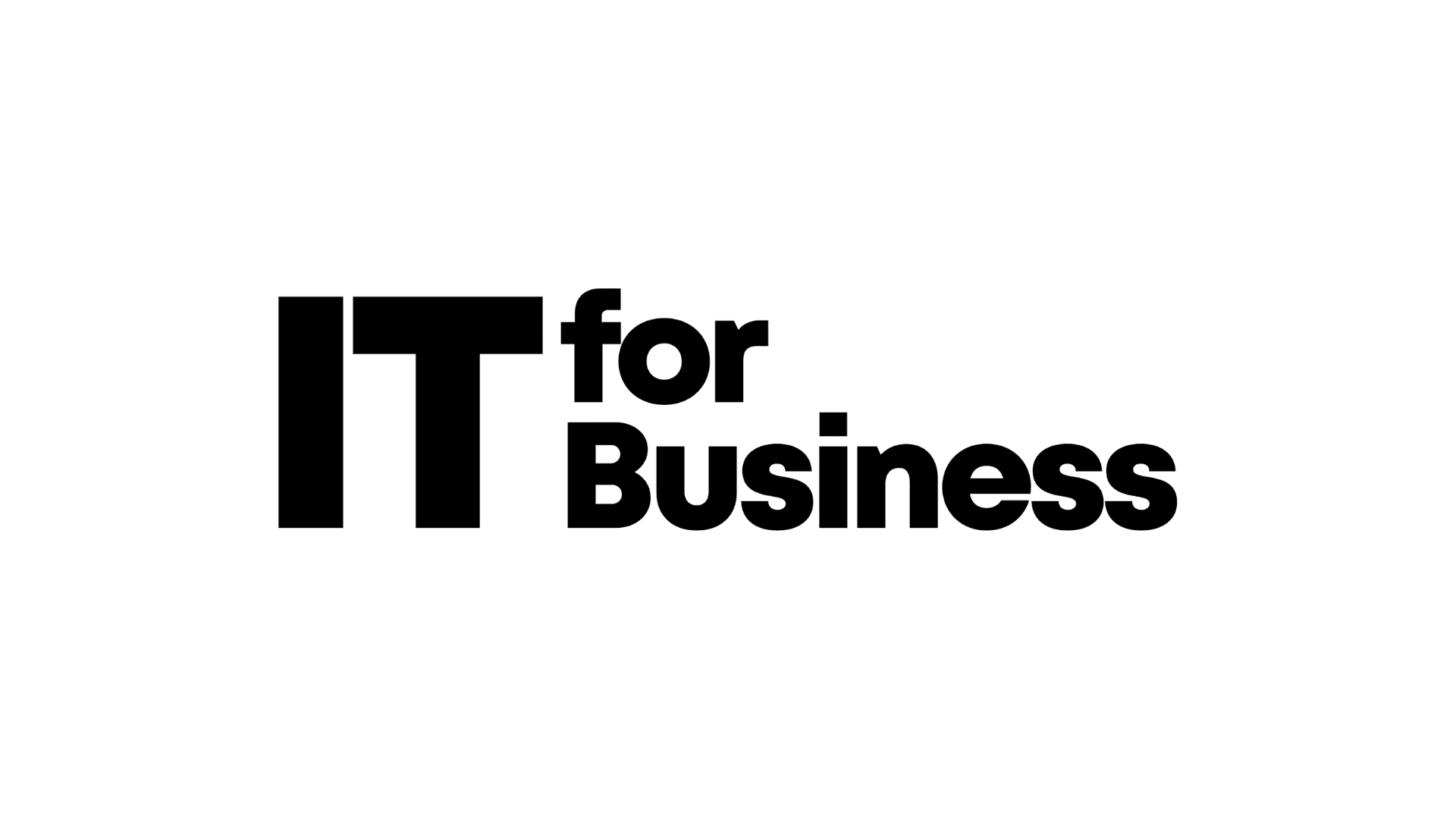Optimizing collaboration moments with unFIX : feedback as a power driver!

Table of contents
- Navigating unFIX “Collaboration Moments” with a feedback compass
- The Ideation Session
- The Problem-Solving Session
- The Information Sharing Session
- The Decision-Making Session
- The Coordination Session
- The Retrospective Session
- The Learning Session
- The Training Session
- 4 Tips for delivering effective feedback, even in challenging situations!
- The 7 benefits of giving feedback
- Conclusion
- Going further
In this final article of our series on unFIX Collaboration Moments, we will explore how specific types of feedback can enrich each stage of our collaborative efforts. Having laid the groundwork and examined various feedback approaches in previous chapters, we are now ready to delve deeper into our journey. Equipped with our feedback compass, we will discover how to refine our interactions and maximize collective potential.
To revisit part 1 of this article: Optimizing collaboration moments with unFIX: the different types of feedback
To revisit part 2 of this article: Optimizing collaboration moments with unFIX : implementing feedback
Navigating unFIX “Collaboration Moments” with a feedback compass
In this article, we highlight eight additional collaboration moments, each of which can benefit from a specific type of feedback to maximize efficiency, foster innovation, and resolve challenges constructively. From invigorating ideation sessions to essential coordination meetings, each moment presents an opportunity to apply the feedback principles discussed in our previous articles, transforming every interaction into a collective success.
Let’s explore how selecting the right feedback can address immediate needs and sow the seeds for better future collaboration.
The Ideation Session

During an Ideation Session, participants dedicate time to generating ideas for problem-solving, solutions, and/or processes. Also known as a “brainstorming session” or “innovation meeting,” Appreciative Feedback (AAA: Appreciation, Amplification, Adjustment) and Feedforward are particularly well-suited for this type of session.
Why are Appreciative Feedback and Feedforward ideal for an Ideation Session?
These types of feedback foster a culture of open innovation where ideas are greeted with enthusiasm and considered for their future potential, while also providing constructive direction.
Appreciative Feedback (AAA): highlights what is valued in creative contributions, recognizing effort and ingenuity. It creates a positive environment that boosts confidence and encourages more active participation.
Feedforward: focuses on the possibilities and future applications of generated ideas rather than past or present limitations. This helps maintain momentum toward innovation and considers how ideas can be refined and implemented effectively.
The Problem-Solving Session

A Problem-Solving Session is a time when participants seek solutions to a specific issue. Also known as a “problem-solving workshop” or “root cause resolution,” Constructive Feedback, Feedforward, and the Perfection Game are particularly suited for this type of session.
Why are Constructive Feedback and Feedforward ideal for a Problem-Solving Session?
These types of feedback encourage a solution-oriented approach and help maintain a positive, proactive mindset, essential for navigating through challenges.
Constructive Feedback: enables productive criticism of proposed solutions by highlighting strengths while identifying areas for improvement. It motivates the team to refine their solutions for greater effectiveness and feasibility.
Feedforward: encourages a future-focused outlook on how solutions can be implemented, adjusted, and improved. Feedforward helps visualize the next steps and necessary actions to solve the problem, focusing on positive outcomes rather than past mistakes.
Perfection Game: promotes a systematic and positive approach to finding solutions, highlighting what works well and clearly identifying opportunities for improvement.
The Information Sharing Session

In an Information Sharing Session, participants gather to collectively consume important or relevant information. Also known as “general meetings,” “webinars,” or “briefings,” Appreciative Feedback (AAA: Appreciation, Amplification, Adjustment) and Constructive Feedback are particularly appropriate for this type of session.
Why are Appreciative Feedback and Constructive Feedback ideal for an Information Sharing Session?
These types of feedback recognize the value of the information shared and encourage reflection on how it can be used or improved for the benefit of the organization or team.
Appreciative Feedback (AAA): acknowledges the effort and preparation necessary to share relevant and useful information. Appreciation encourages the continuity of quality and engagement in the preparation of such sessions.
Constructive Feedback: provides suggestions on how to make the shared information more accessible, engaging, or applicable to the team. This can include recommendations on format, delivery, or follow-up on information sessions.
The Decision-Making Session

During a Decision-Making Session, participants come together to determine important directions. Also known as “decision-making meetings” or “option/candidate selection,” DESC Feedback (Describe, Express, Specify, Consequences) and Constructive Feedback are particularly well-suited for this type of session.
Why are DESC Feedback and Constructive Feedback ideal for a Decision-Making Session?
These types of feedback facilitate effective communication about decisions, expressing concerns or approvals constructively, and considering the implications of these decisions.
DESC Feedback (Describe, Express, Specify, Consequences): provides a framework to express opinions or concerns in a structured and thoughtful manner, crucial in the context of decision-making. It helps clarify the reasons behind a position or preference, the feelings it evokes, and the potential repercussions of the decision.
Constructive Feedback: encourages a balanced evaluation of decision options by recognizing strengths and identifying areas for improvement. This type of feedback aims to optimize session outcomes by highlighting ways to improve proposals and facilitating stronger agreement on the course of action.
The Coordination Session

In a Coordination Session, participants assess dependencies and influences on each other’s work, interacting with people from different contexts. Also known as “Scrum of Scrums,” “Product Owner synchronization,” or “operations review,” Tactical Feedback and SBI Feedback (Situation-Behavior-Impact) are particularly appropriate for this type of session.
Why are Tactical Feedback and SBI Feedback ideal for a Coordination Session?
These types of feedback provide specific guidance for adjusting coordination efforts and help clarify the impact of interdependent actions on common goals.
Tactical Feedback: offers precise advice on how to align efforts and manage dependencies effectively between different teams or departments. This feedback is crucial to ensure all project or operation elements advance harmoniously.
SBI Feedback (Situation-Behavior-Impact): helps communicate clearly and structurally about how specific actions (or their absence) in one area impact overall work, highlighting positive or negative consequences for the project or organization.
The Retrospective Session

During a Retrospective Session, participants collectively share reflections on their work methods and collaboration levels. Also known as “sprint retrospectives” or “team reflections,” Constructive Feedback, Appreciative Feedback (AAA: Appreciation, Amplification, Adjustment), and the Perfection Game are particularly well-suited for this type of session.
Why are Constructive Feedback and Appreciative Feedback ideal for a Retrospective Session?
These types of feedback promote a culture of continuous improvement and mutual recognition, essential for enhancing collaboration and optimizing work processes.
Constructive Feedback : provides a foundation for openly discussing encountered challenges and improvement opportunities. It motivates the team to identify concrete actions to improve future sprints or work cycles.
Appreciative Feedback (AAA): celebrates successes and recognizes the team’s efforts, boosting morale and cohesion. It highlights beneficial behaviors and practices to amplify for future collaborations.
Perfection Game: provides a structure for expressing constructive and appreciative feedback, encouraging each member to contribute to the team’s evolution.
CIA Feedback: perfectly suited for this context as it allows for constructive discussion of specific behaviors, their impact on the team, and ways to improve them in future cycles. This helps promote an environment of learning and continuous improvement, essential for agile development and other iterative methodologies.
The Learning Session

In a Learning Session, participants come together to collectively explore and learn about a given topic. Also known as “workshops” or “Lunch-and-Learn,” using Appreciative Feedback (AAA: Appreciation, Amplification, Adjustment) combined with Feedforward is particularly appropriate for a Learning Session.
Why are Appreciative Feedback and Feedforward ideal for a Learning Session?
These types of feedback encourage engagement and continuous reflection, emphasizing the value of shared learning while offering directions for the future application of acquired knowledge.
Appreciative Feedback (AAA): values the effort of those sharing their knowledge and those actively engaging in the learning process. It creates a positive environment that encourages participation and curiosity.
Feedforward: focuses on practical applications of learned insights and how participants can use or develop this new knowledge in the future. This helps transform learning into concrete actions and improvements.
The Training Session

During a Training Session, participants come together to be trained and instructed on a specific topic. Here, applying Constructive Feedback and Appreciative Feedback (AAA: Appreciation, Amplification, Adjustment) is particularly well-suited.
Why are constructive feedback and appreciative feedback ideal for a Training Session?
Together, these types of feedback foster a positive and constructive learning atmosphere, recognizing effort and engagement while identifying opportunities to enhance the learning experience.
Constructive Feedback: provides specific suggestions for improving how training material is presented or how the session is structured. It can help adjust content to make it more accessible or engaging for participants.
Appreciative Feedback (AAA): values the trainer’s work and the participants’ engagement. This creates an encouraging and positive learning environment where everyone’s contributions are recognized and appreciated.
4 Tips for delivering effective feedback, even in challenging situations!
Clarity and conciseness: be direct yet kind. A clear message avoids misunderstandings.
Objectivity and specificity: base your feedback on observations rather than judgments.
Focus on behavior, not the person: this helps avoid the recipient feeling personally attacked.
Active listening: provide space for the recipient’s response and expression of feelings.
Action-Oriented: propose concrete steps for improvement.

UNFIX: EXPLORE THE DIFFERENT FORMS OF FEEDBACK!
- 11 detailed feedback templates
- A cartography designed to help you give effective feedback
- Practical recommendations for giving feedback at specific times
The 7 benefits of giving feedback
Personal Expression: you can share your perceptions and feelings, offering relief and clarity.
Constructive Introspection: the process prompts you to consider ways to optimize your communication and work methods (e.g., refining your expectations’ expression).
Peer Relationship: feedback establishes mature communication, avoiding parent-child dynamics and fostering equality.
Increased Trust: sharing reflections and observations strengthens trust within the team.
Strengthened Relationships: addressing potential irritants before they fester enhances team cohesion.
Collective Progress: feedback stimulates individual and group advancement.
Informed Team Decisions: as feedback becomes a regular practice, collective knowledge informs more effective and timely decision-making.
Conclusion
Adapting the feedback approach to the specific collaboration moment ensures more relevant and impactful communication, fostering a culture of continuous improvement and collective success. With the unFIX model, organizations can seamlessly integrate these tailored feedback strategies, enhancing both individual and team performance.
Going further
unFIX France LinkedIn Group : https://www.linkedin.com/groups/12993577/
unFIX France Meetup Group : https://www.meetup.com/fr-FR/unfix-france/
unFIX Community : https://community.unfix.com/
Thank you for reading this article.
STAY TUNED— OUR RESSOURCES

AI and Branding: a creative revolution or a limited tool?

Responsible AI: key concepts and best practices
